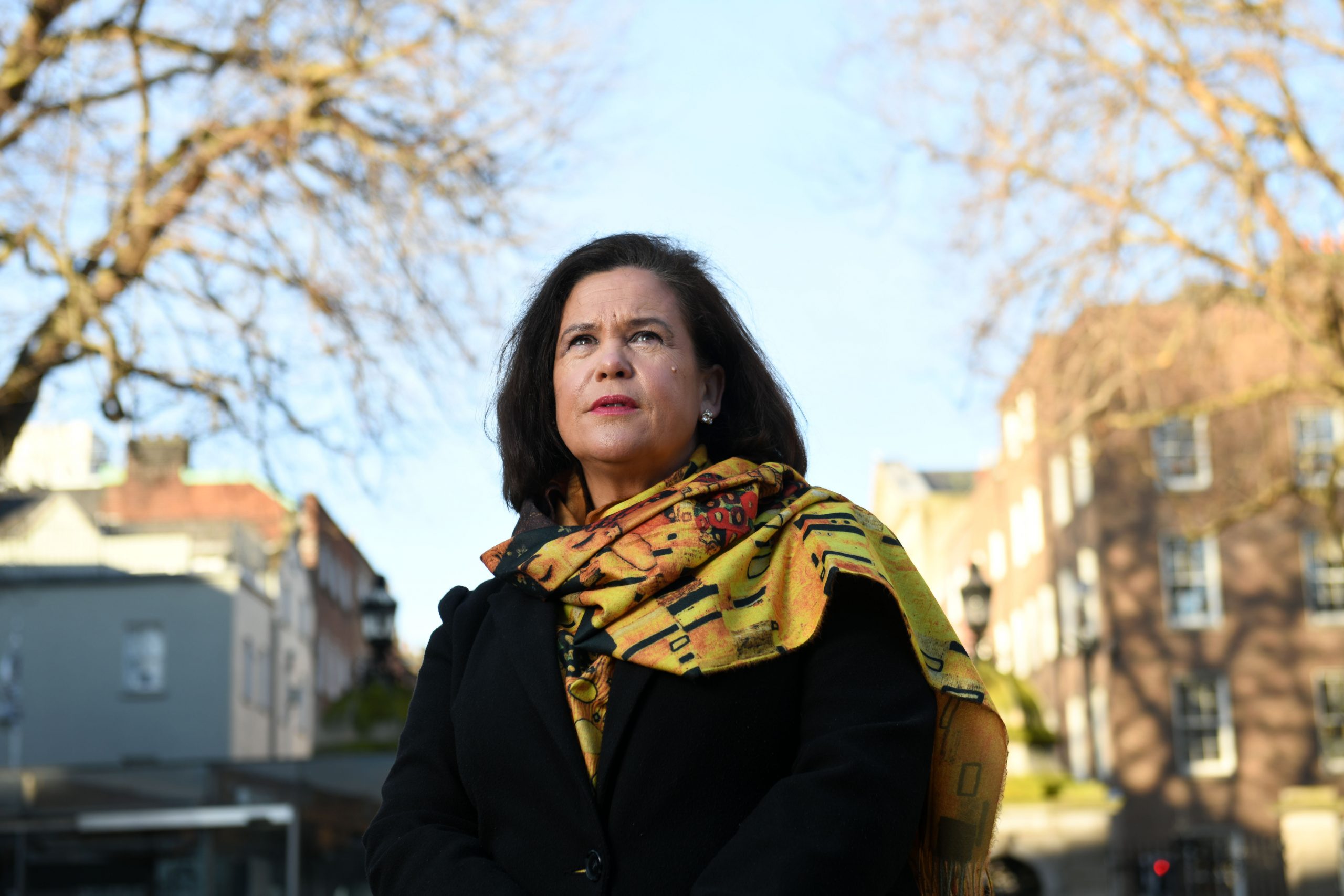A general election today would see Mary Lou McDonald elected taoiseach by Dáil Eireann if polls were a more perfect mirror of reality. So, her views on the structure of our democracy, on our economy and society, on the future she sees for our island, and on the organisation she leads are very important to understand. So are McDonald’s policies. For several years I have argued Sinn Fein’s policies need to be scrutinised very carefully, not out of any fear that they were in some sense damaging to the economy, or to the society, but because as a credible political…
Cancel at any time. Are you already a member? Log in here.
Want to continue reading?
Introductory offer: Sign up today and pay €200 for an annual membership, a saving of €50.

